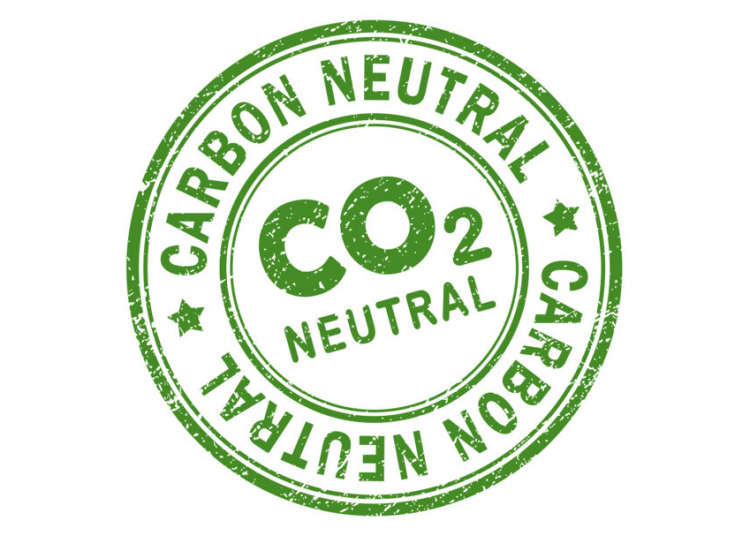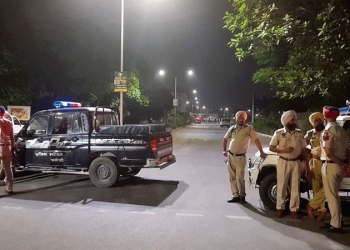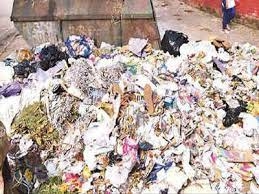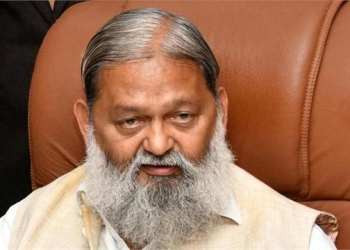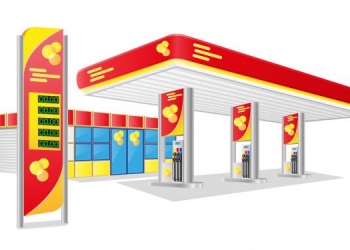The Chandigarh administration intends to make the city carbon-free by 2030. The proposal was discussed at a session titled ‘Future Ready Chandigarh 2030 and Beyond.’ In the face of increased pollution, the Chandigarh administration plans to make the city carbon-free by 2030. The concept was discussed at a two-day workshop titled ‘Future Ready Chandigarh 2030 and Beyond.’ Banwari Lal Purohit, the UT administrator, officially started the session on Monday at Hotel Mountview.
According to a story in the Indian Express (IE), the session was organized by the Chandigarh administration and is financed by the United Nations Development Programme (UNDP). The workshop’s goal was to sketch out the intended future roadmap for the city with the goal of long-term enhancement of urban infrastructure.
According to Dharam Pal, these difficulties must be addressed in the future. “Making the city a regional center of education, good rural planning, prioritizing the health and commerce sector, proper medical facilities, making Chandigarh carbon neutral by 2030, and production of microchips” are among them, he said.
Pal emphasized that the administration’s current key areas include smart cities, green cities, clean cities, cultural heritage preservation, and conservation and development plans for 23 villages. Banwari Lal Purohit stated that he is confident that the workshop will provide an opportunity to improve cohesion and create a platform for interaction among all stakeholders to achieve common goals.
Also, know What Is So Special About Whispers in the Corridors?
After the session, he stated that proper follow-up action should be taken to make this vision a reality. Transport and mobility, urban infrastructure and planning, tourism, climate action, education, historical preservation, employment, health, nutrition, and well-being, economic ability, and social protection and safety for all are among the workshop’s core issues.
On the first day, an inaugural session was held during which Vikas Verma, Regional Head, North, UNDP, outlined the purpose of the workshop. According to a top UT official, carbon neutral means that any carbon dioxide (CO2) generated into the atmosphere as a result of a company’s activity is offset by an equal amount removed. The workshop will continue through October 26th, when two thematic groups on key thematic areas will present their ideas and conclusions.

